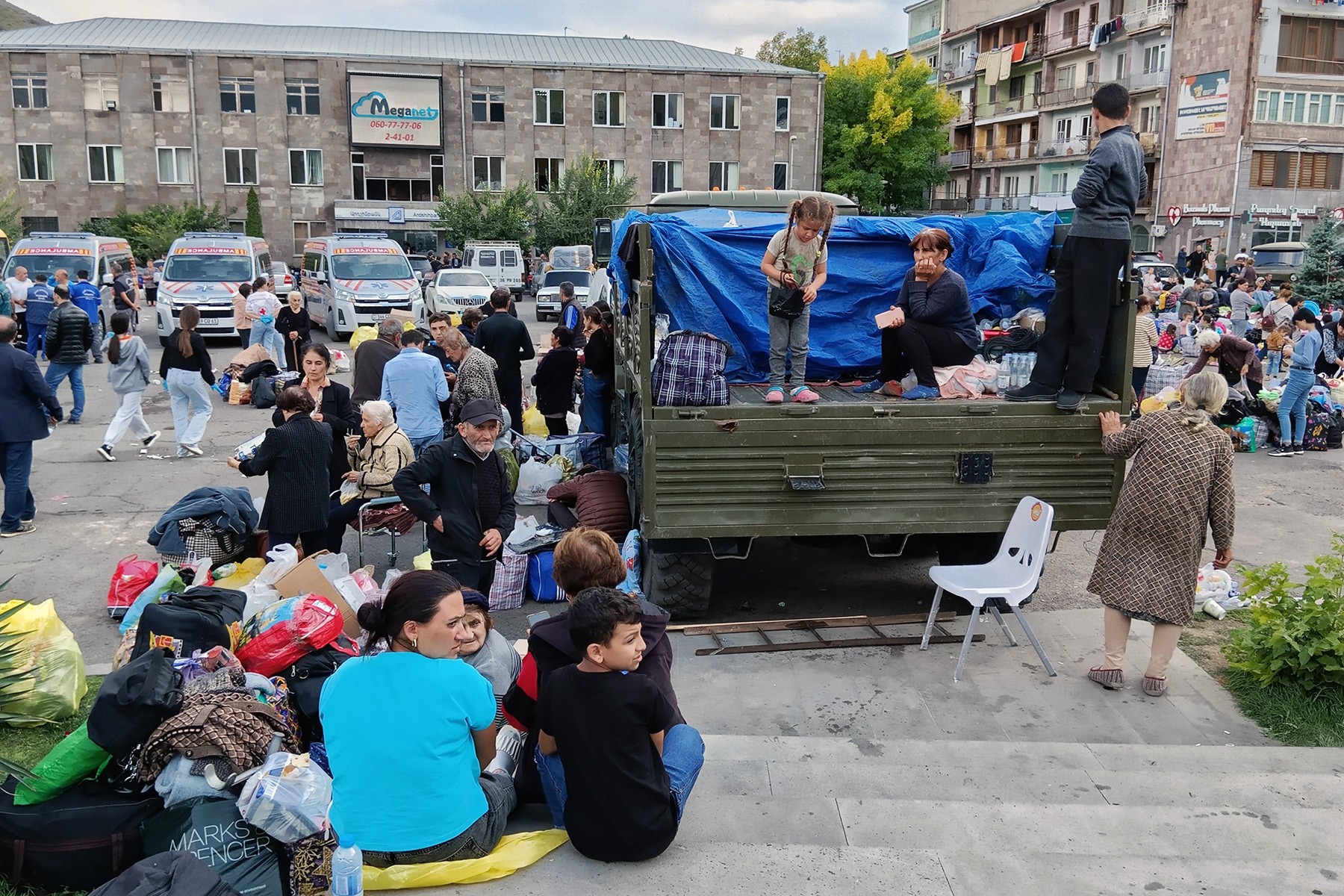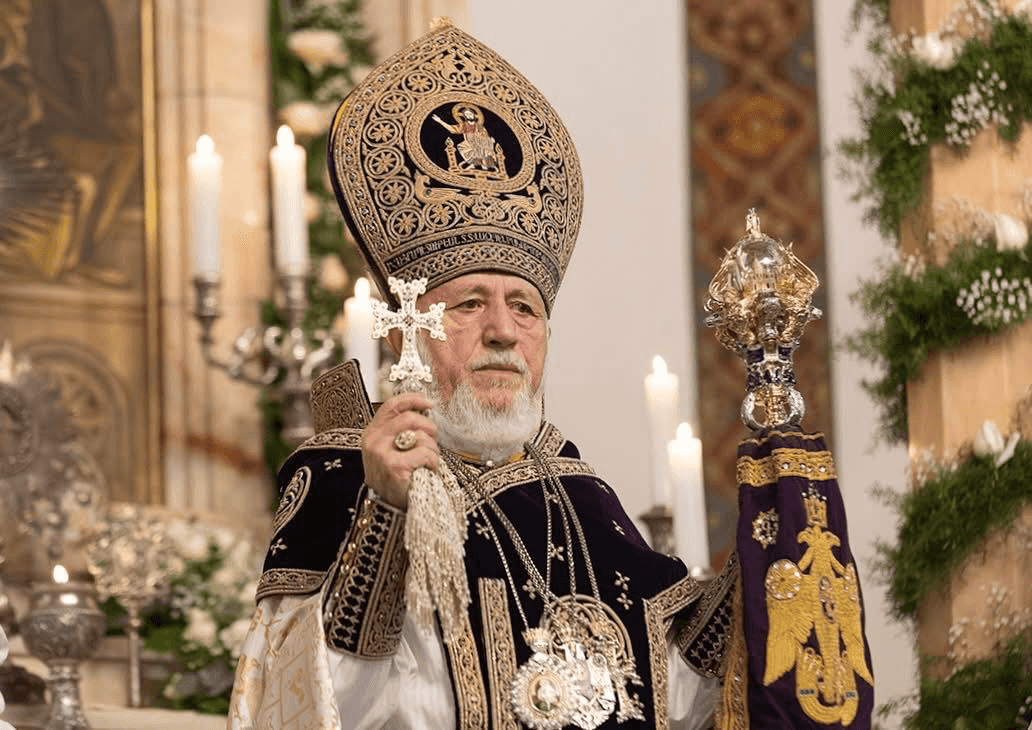
The Armenian government has modified the social assistance program offered to displaced Nagorno-Karabakh Armenians, reducing monthly assistance as well as the beneficiary groups listed, and redirecting the resources to a housing assistance programme criticised by the beneficiaries.
The decision was adopted on Thursday, according to which assistance salaries will be reduced from ֏50,000 ($130) to ֏40,000 ($100) as of April 2025. Aid will again be reduced to ֏30,000 ($80) starting in July, and lasting until at least December.
This will affect Nagorno-Karabakh Armenians under 18, those receiving mandatory education, those older than 63, families which have lost their main providers, and people with disabilities, for a total of around 54,000 people.
The aid programme was launched in October 2023, shortly after over 100,000 Armenians fled their homes after Nagorno-Karabakh surrendered to Azerbaijan following Azerbaijan’s last military offensive against the region.
[Read more: The last bus out of Nagorno-Karabakh]
Armenia has spent over ֏75 billion ($190 million) in assistance to displaced Armenians since then, around 90% of which has come from the state budget. Following the reductions, the government is expected to spend nearly ֏30.5 billion ($78 million) for the total programme in 2025.
At the Cabinet meeting on Thursday, Minister of Labour and Social Affairs Narek Mkrtchyan said that the decision to update the programme was based on the financial trends of economic integration of the displaced persons and the launch of the state housing support programme in June 2024.
‘We see that a quite large number of displaced persons — around 25,000 or more — have found employment or are engaged in entrepreneurial activities, who are a significant number within the 18–60 age group. Therefore, we believe that state support should be gradually addressed to more targeted and long-term solutions, especially to the state housing assistance program,’ Mkrtchyan said.
The housing programme has been condemned by some of its intended beneficiaries, who have accused the government of refusing to consider their needs.
In turn, Prime Minister Nikol Pashinyan stated on Thursday that his government’s policies ‘should encourage [Nagorno-Karabakh Armenians] to think about covering their family expenses with their own work,’ which fits in their general strategy to gradually phase out any form of support to working-age people, and help those with disabilities acquire skills.
‘Poverty can be overcome through work,’ Pashinyan added.
The adopted decision has caused discontent among Nagorno-Karabakh Armenians.
Liana Petrosyan, a public figure from the region, underscored that the aid programme is ‘the most important support provided for rental costs, which the displaced should receive until they are provided with their own roof.’
She noted that the average employed refugee can not cover high rental and living expenses with their salary, emphasising that ‘all displaced persons are considered vulnerable groups’.
‘Introducing distinctions, especially when the housing program implemented in parallel has not justified itself, is, in my opinion, unrealistic and will undoubtedly lead to a large wave of dissatisfaction among the displaced’, she added.









